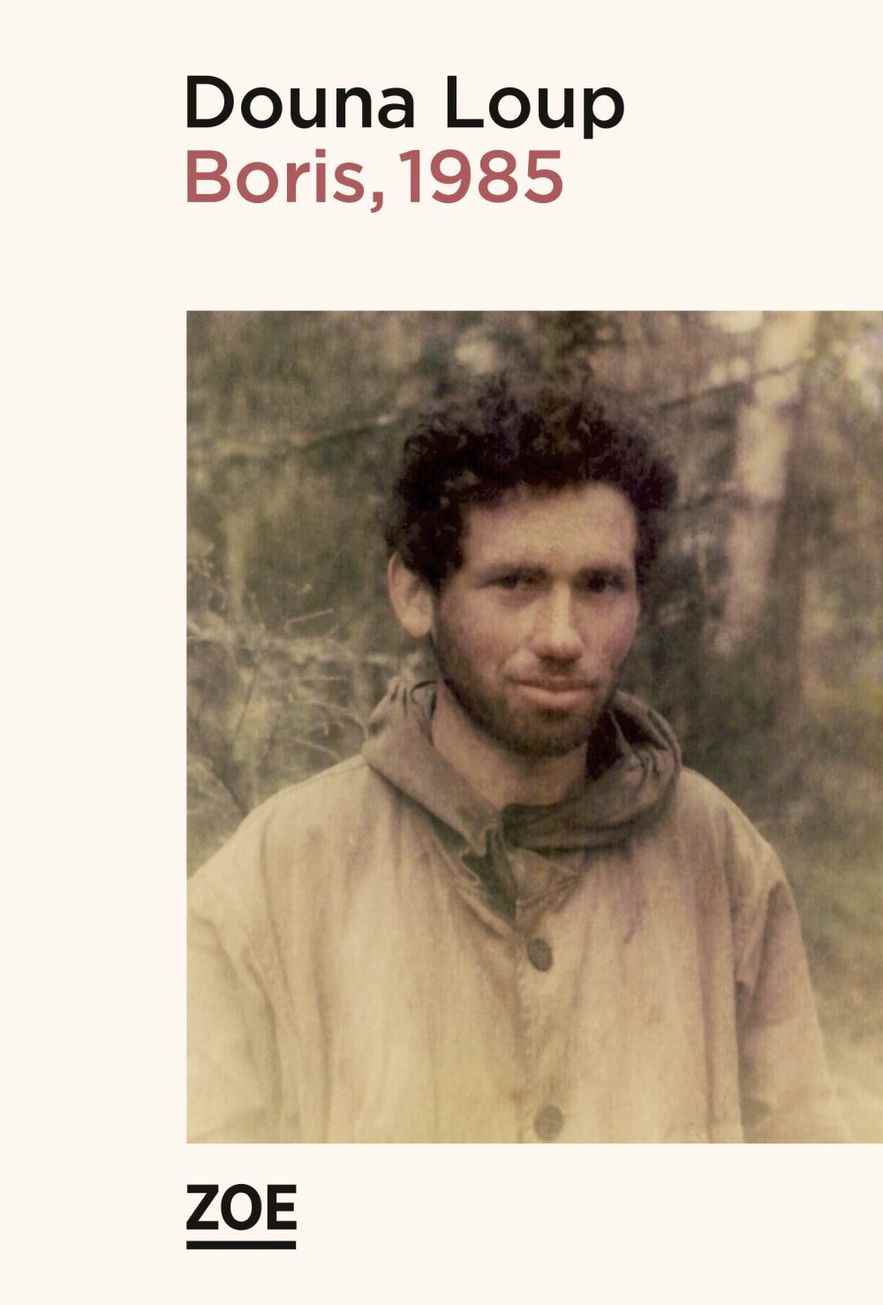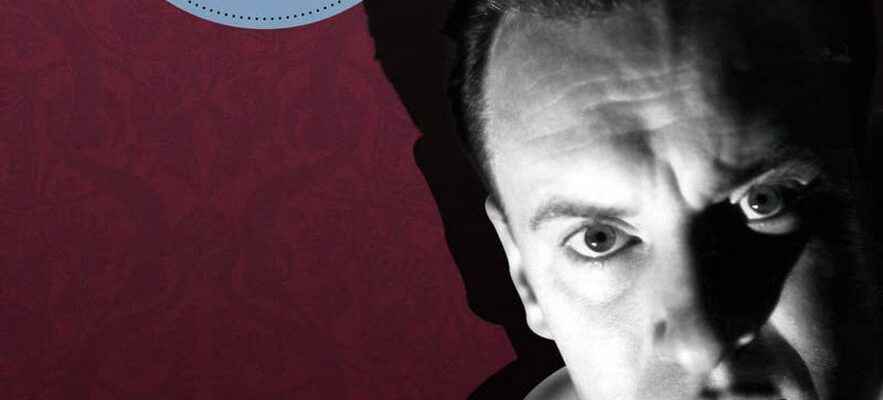Scoundrel Profession
By George Sanders, trans. from English by Romain Slocombe.
Seguier, 275 pages, €20.
The rating of L’Express: 5/5
Rogue Profession By GEORGE SANDERS
© / SEGUIER
He had something of Nabokov. Born in Saint Petersburg in 1906 to parents of Scottish origin, George Sanders grew up in the Russian aristocracy before being expelled from the country in 1917. This funny and nonchalant man who mainly likes to sleep and play croquet will have to earn a living. Without having really decided, he became an actor and filmed for Fritz Lang, Hitchcock or Douglas Sirk. His two most notable films: Eve, by Mankiewicz (Oscar for Best Supporting Actor), and Journey to Italie, by Rossellini. do not forget The jungle Book, where he voices the tiger Shere Khan. A subscriber to garbage roles (he notably played Landru!), Sanders also often appeared in improbable turnips. Deep down, he didn’t care. In 1972, he killed himself in a Catalan hotel, leaving a tongue-in-cheek letter and enough to pay for his funeral.
His Memoirs, reissued under the title Scoundrel Profession, are in his image: elegant, mocking and detached. He makes fun of everyone, does not even mention the first of his four wives, but he is so witty that you would have to be a father of modesty to take offense. Poetic painting of the Russia of his childhood, anecdotes of shootings, hilarious portraits: better to read this than to go back to the cinema. Behind the good words, however, we can feel the depression rising. Unlucky in love and in his business, Sanders got drunk on vodka first thing in the morning. Even if he wrote this masterpiece twelve years before his suicide, we already feel that he will end up drinking the cup. He remains forever an embodiment of phlegm. Louis-Henri de La Rochefoucauld
death is behind me
By Charles-Henry Contamine.
Plon, 288 pages, €20.
The rating of L’Express: 3/5

DEATH IS BEHIND ME By CHARLES-HENRY CONTAMINATED
© / PLON
He knows them by heart, Pierre Deglaz, the 100 verses of Drunken Boat transcribed on a wall in rue Férou, in the 6th arrondissement of Paris, a few meters from his luxurious apartment. But at the end of the afternoon of December 21, the boss of KorrMedia, a powerful digital daily, has lead soles. The police have just called him to warn him that Sofia Etchegarry, his companion, threw herself under an RER at the Etoile station, and her boat capsized. It’s been three years since the two almost quadras have been spinning perfect love, barely upset by the few rare moments of psychological fragility of Sonia, the brilliant partner of a star investment fund. Pierre Deglaz doesn’t have time to dwell on it, he has to warn Sonia’s boss, phone the parents of this only daughter, ask his assistant to help him… And always, this same question, “Why?” , behind which he cannot help but perceive a suspicion of accusation.
Despite the solicitude of his friends and the haven of the Luxembourg Gardens, the fiery creator of KorrMedia sinks with whiskeys, becomes irascible, violent, even dangerous. A real descent into hell, before the rebirth, that Charles-Henry Contamine, the author of this first novel, describes in a language as bitter and harsh as this absurd death. This ex-journalist, adviser in the new media industry (after having worked for FIFA and Lagardère Sports), is comfortable narrating the flashy world of finance and the virtual as well as evoking the end of the Breton world. and the eternal blues, the only refuges of his hero. PM
Boris, 1985
By Douna Wolf.
Zoe, 160 p., €17.
The rating of L’Express: 3/5

BORIS, 1985 By DOUNa LOUP
© / ZOE
In this year which will mark the 50th anniversary of the coup d’etat in Chile perpetrated by General Pinochet and his henchmen, on September 11, 1973, here is a singular story which is already awakening the collective conscience. Douna Loup brings to life the figure of her great-uncle Boris Weisfeiler, a Russian mathematician who became an American, whom she never knew but whose story permeates “the family landscape”: this solitary adventurer mysteriously disappeared in January 1985, at the age of 44, while hiking in the Chilean Andes, less than 100 kilometers from Colonia Dignidad, “the infamous German sect suspected of practicing kidnapping, torture and many other atrocities”.
Olga, Boris’s sister, moved heaven and earth for thirty years “to obtain truth and justice”, in vain. Douna, the great-niece, takes over and engages in a stubborn investigation to find out more. From February 2018 to April 2020, the Franco-Swiss writer – noticed from her first novel Doorway (2010) – stubbornly: she travels from Boston to Moscow, from northern California to Santiago, in the footsteps of this enigmatic Boris, born in 1941 in the USSR, stigmatized because of his Jewish origins, prevented from making a career in his native country but dubbed across the Atlantic as a genius specialist in algorithms. Boris perished in obscure circumstances, at the edge of a Chilean river. Private detective, carabineros, lawyer, judge, no one will have the last word. Douna Loup does not find his account there, but resurrects this Boris Weisfeiler with panache, sensitivity. And says how important it is not to forget. Neither his own, nor the executioners who exterminated them. Delphine Peras
